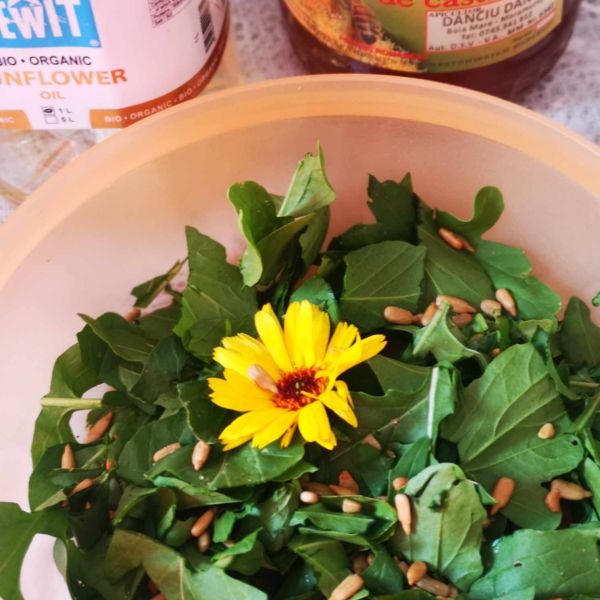BEWIT Sunflower oil deodorized HIGH OLEIC, BIO
Helianthus Annuus Seed Oil
Organic sunflower oil without a characteristic smell. Due to its high stability, it can be used in cold and hot cuisine, both in sweet and savoury dishes. Thanks to deodorisation, the oil has a neutral smell = odourless.


CZ-BIO-002
Curated reviews by the BEWIT Team
„Skvelý slnečnicový olej. Inde nekupovať. 😅🌻“

Andrea Kozák Geršiová
History
From the Americas to Southern Europe and then around the world
The sunflower is a globally famous agricultural crop that is grown mainly for its oil seeds. Surviving records show that sunflowers were cultivated as early as 5000 years ago by Native Americans. In the early 16th century, thanks to the Spanish explorer Monardese, the seeds of these plants reached southern Europe. And from there, to the rest of the world.
The oil extracted from the seeds of this plant has been very popular for many years. It has earned its widespread use in particular because of its delicate taste and high stability. The naturally occurring phytonutrients and essential fatty acids also add to its value. Thanks to all its benefits, sunflower ranks among the most important oilseeds grown in the world.
Origin and cultivation
Sunflower can't be overlooked for its size and colour
The sunflower is a plant that is not to be missed because of its robust growth and bright yellow petals. Most of the time, its flowers are pointing upwards and turning to follow the sun. Later, at their full maturity, the flower heads become heavy and droop to the ground. The mature sunflower seeds, concentrated in the centres of the flowers, are stripped of their husks and pressed into the resulting sunflower oil.
Composition and properties
Yellow colour and characteristically delicate. BUT WITHOUT ANY SMELL
The single-grade, ORGANIC certified sunflower oil has a light to dark yellow colour and a characteristically mild taste and aroma.
Sunflower oil is obtained by gentle cold pressing and then subjected to deodorisation. Thanks to this it has a neutral smell = the oil is odourless. Thanks to gentle cold-pressing, the maximum amount of vitamins, minerals and beneficial substances are preserved in the resulting oil. Also important is the high content of the well-known antioxidant – fat-soluble vitamin E.
In sunflower oil you will find mainly **unsaturated fatty acids, which make up to 93% of the total composition .
Use
Sunflower oil is a staple food in your household
Sunflower oil can be used not only in cold food preparation but also in warm cuisine due to its high stability. It is suitable for cooking, baking and frying. Due to its fine taste and aroma it is suitable for both savoury and sweet dishes.
Benefits
- 100% natural, organic quality
- Gentle processing (maximum amount of vitamins, minerals, oxidants and other substances beneficial to the body preserved)
- „High oleic oil“ (due to the presence of monounsaturated fatty acids) – much higher thermo-oxidative stability
COUNTRY OF ORIGIN
Slovensko
Sources
PARK, Brian and John M. BURKE. Phylogeography and the Evolutionary History of Sunflower (Helianthus annuus L.): Wild Diversity and the Dynamics of Domestication. Genes. 2020, 11(1), 266.
A. WHITE, DANIEL, IAN D. FISK, SAKUNKHUN MAKKHUN, and DAVID A. GRAY. In Vitro Assessment of the Bioaccessibility of Tocopherol and Fatty Acids from Sunflower Seed Oil Bodies. Journal of Agricultural and Food Chemistry. 2009, 57(13), 5720–5726.
MUHAMMAD ANJUM, Faqir, Muhammad NADEEM, Muhammad ISSA KHAN and Shahzad HUSSAIN. Nutritional and therapeutic potential of sunflower seeds: a review. British Food Journal. 2012, 114(4), 544–552.
BOCKISCH, Michael. Fats and Oils Handbook [online]. 1. AOCS, 1998 [cit. 2020–12–07]. Available from: https//app.knovel.com/hotlink/pdf/id:kt0068MT52/fats-oils-handbook/economic-importance-sunflower
100% pure and natural
All ingredients contained in the product are 100% pure and natural and non-synthetic.
ø Nutritional information
| Per 100 g | |
|---|---|
| Energy value | 3700 kJ / 900 kcal |
| Fats | 100 g |
| – of which saturated fatty acids | 7.0 g |
| – of which monounsaturated fatty acids | 82.0 g |
| – of which polyunsaturated fatty acids | 11,0 g |
| Carbohydrates | 0 g |
| – of which sugars | 0 g |
| Fiber | 0 g |
| Protein | 0 g |
| Salt | 0 g |
fatty acid content
| palmitic acid | 3.6% |
|---|---|
| stearic acid | 2.8% |
| oleic acid | 88.8% |
| linoleic acid | 2.3% |
| trans fatty acids | <0.5% |
Vitamins
| Per 100 g | % **RHP per 100 g | |
|---|---|---|
| Vitamin E | 30 mg | 250 |
Reviews
BEWIT Sunflower oil deodorized HIGH OLEIC, BIO
Want to add your own review? We're interested in your opinion.
Sign in / Register
Skvelý slnečnicový olej. Inde nekupovať. 😅🌻
Did you find this review helpful?
Milujem tento olej. 💛
Did you find this review helpful?


Skvelý olej na varenie. Lepšieho oleja na trhu niet. Používame celá rodina a sme veľmi spokojní. Skvelá chuť a naozaj je bez výrazného zápachu.
Did you find this review helpful?
Skvelý olej nielen do kuchyne. Oceňujem napríklad, že na rozdiel od iných deodorizovaných olejov nepreráža chuť jedla. Určite odporúčam, má široké využitie.
Did you find this review helpful?
Jako masér jsem se postupně i díky Bewit naučil míchat si masérské oleje sám. Používám hlavně tento úžasný deodorizovaný slunečnicový olej a přidávám frakcionovaný kokosový a mandlový olej. Slunečnicový olej od Bewit v bio kvalitě je špičkový a díky tomu, že je zbaven vůně je ideální na míchání s esenciálními olejíčky, které dodají masážím originální rozměr. Tento olej lze samozřejmě používat i klasicky v kuchyni. Svojí kvalitou převyšuje standarně prodávané slunečnicové oleje. Doporučuji!
Did you find this review helpful?
+ 24
Kíváncsiságból rendeltem 1 litert ebből az olajból. Egyszerűen fantasztikus! Nem is vagyok hajlandó mással főzni :) bőrápoló olajnak is használom. Mindenkinek ki kellene ezeket az olajokat próbálnia!
Did you find this review helpful?
+ 6
Som veľmi rada, že som natrafila na tento olej. Vyrábam oleje z byliniek a na kvalite nosného oleja si potrpím. O to viac ma teší, že je v bio kvalite a bez vône. Takto krásne vynikla vôňa byliniek :))
Did you find this review helpful?
+ 5
Skvělý výrobek, využíváme na vše od macerátů po smažení.....
Did you find this review helpful?
+ 6

Pár let jsem se snažila najít univerzální olej za přijatelnou cenu, který by měl kvalitní složení, byl ideálně bio, lisovaný za studena a nepřebíjel chuť jídel. Vyzkoušela jsem plno různých olejů, ale žádný mě nějak zvlášť neohromil, a když už jsem narazila na nějaký lepší, byl neskutečně drahý. Také se mi často stávalo, že olej, většinou koupený ve zdravé výživě, došel, a v nutnosti jsem musela sáhnout v marketu po nějakém rafinovaném oleji s chemickým složením.
Tento Bewit dezodorizovaný slunečnicový olej konečně mé požadavky splnil, a protože je v nabídce i ve velkém balení, já tak nemusím neustále kupovat nové a nové oleje a můžu si vždy do láhve odlít přesně tolik, kolik potřebuji mít v kuchyni při ruce. S radostí jej tedy mohu doporučit všem, co mají stejné nároky jako já :)… a už se těším, až vyzkouším i další oleje v nabídce. Prozatím jsem zkusila Lněný olej super FRESH a ten je teda bezkonkurenční!
Valentýna Macková
Did you find this review helpful?
+ 9

Tesztelésre kaptam ezt az olajat, (bár korábban is használtam hasonlót), de közel sem voltam ennyire elégedett. Ez az olaj számos, többszörösen telítetlen zsírsav tartalma mellett, esszenciális zsírsavtartalma (linolsav 60–70%) nagyon jelentős. E vitamin tartalma pedig kiemelkedően magas, ezért is fontos a szervezetünk számára. A tegnapi ebéd főfogása mellé készített salátához tettem belőle és palacsintasütéshez is alkalmaztam. Ismét bővült a paletta a konyhában használt termékeimet illetően, mindenkinek csak ajánlani tudom. Köszönöm!
Did you find this review helpful?
+ 5

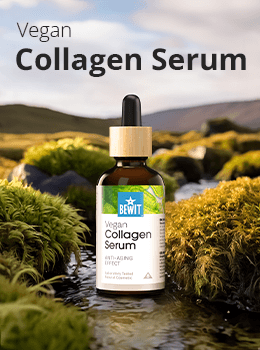
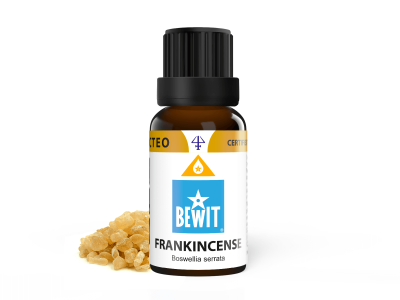
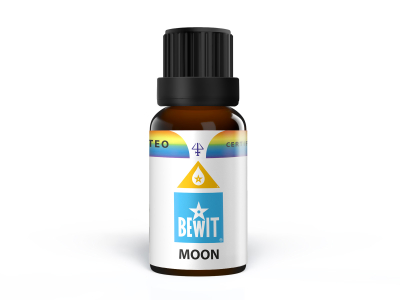
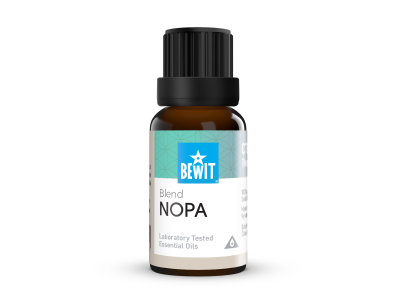
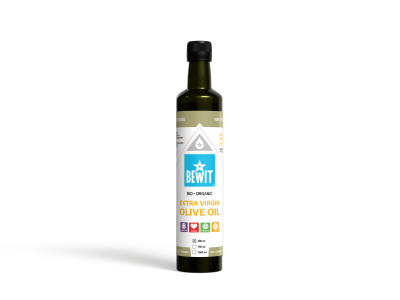
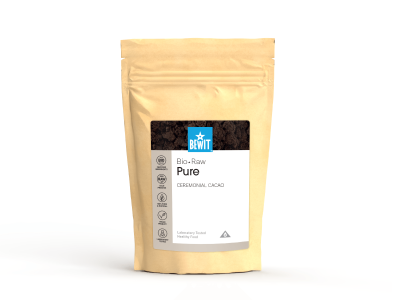
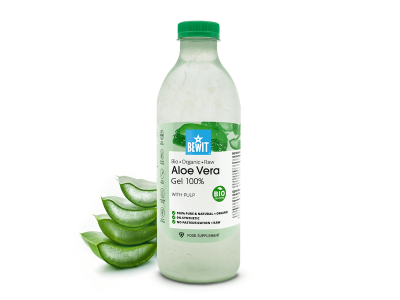
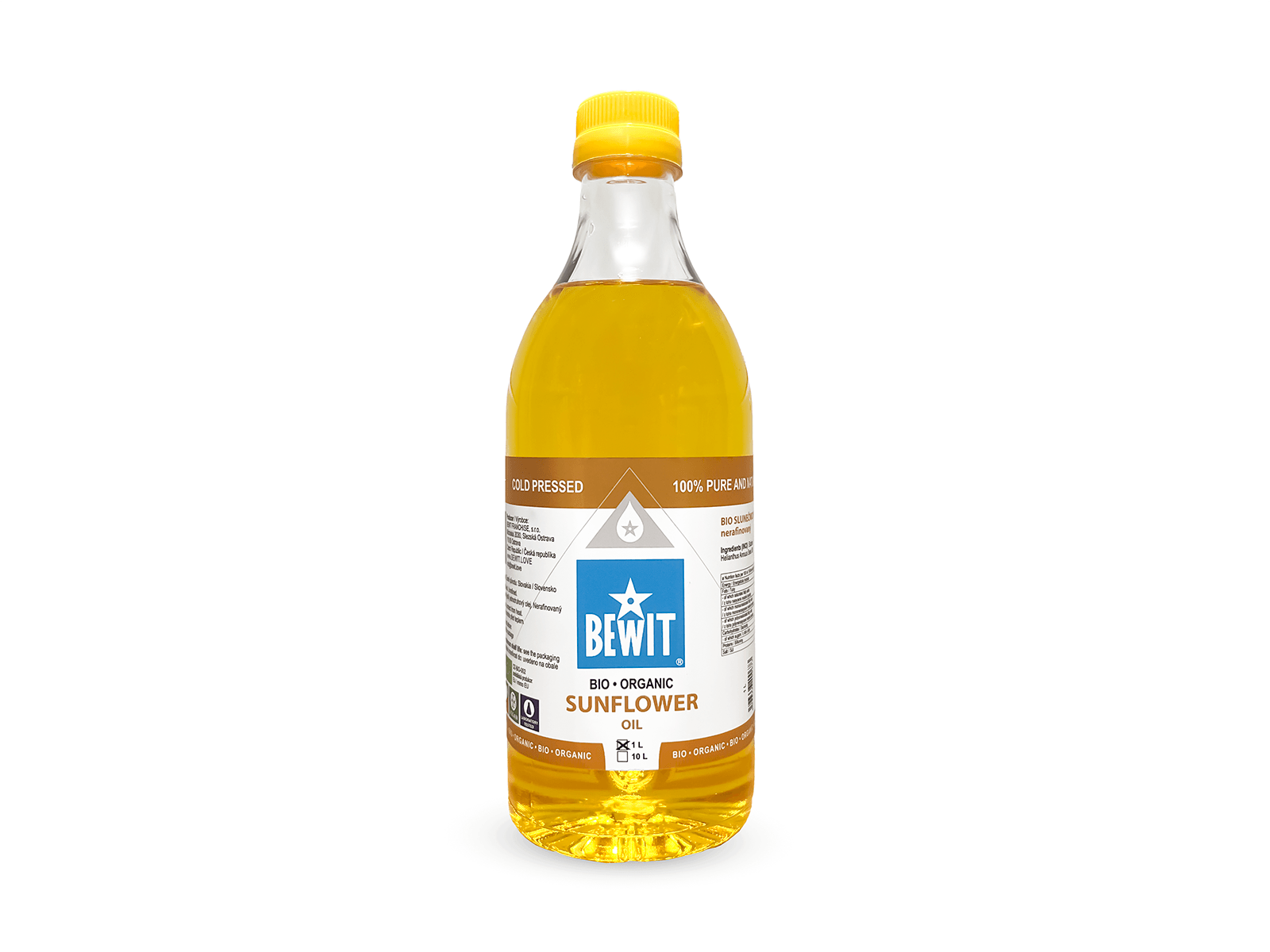
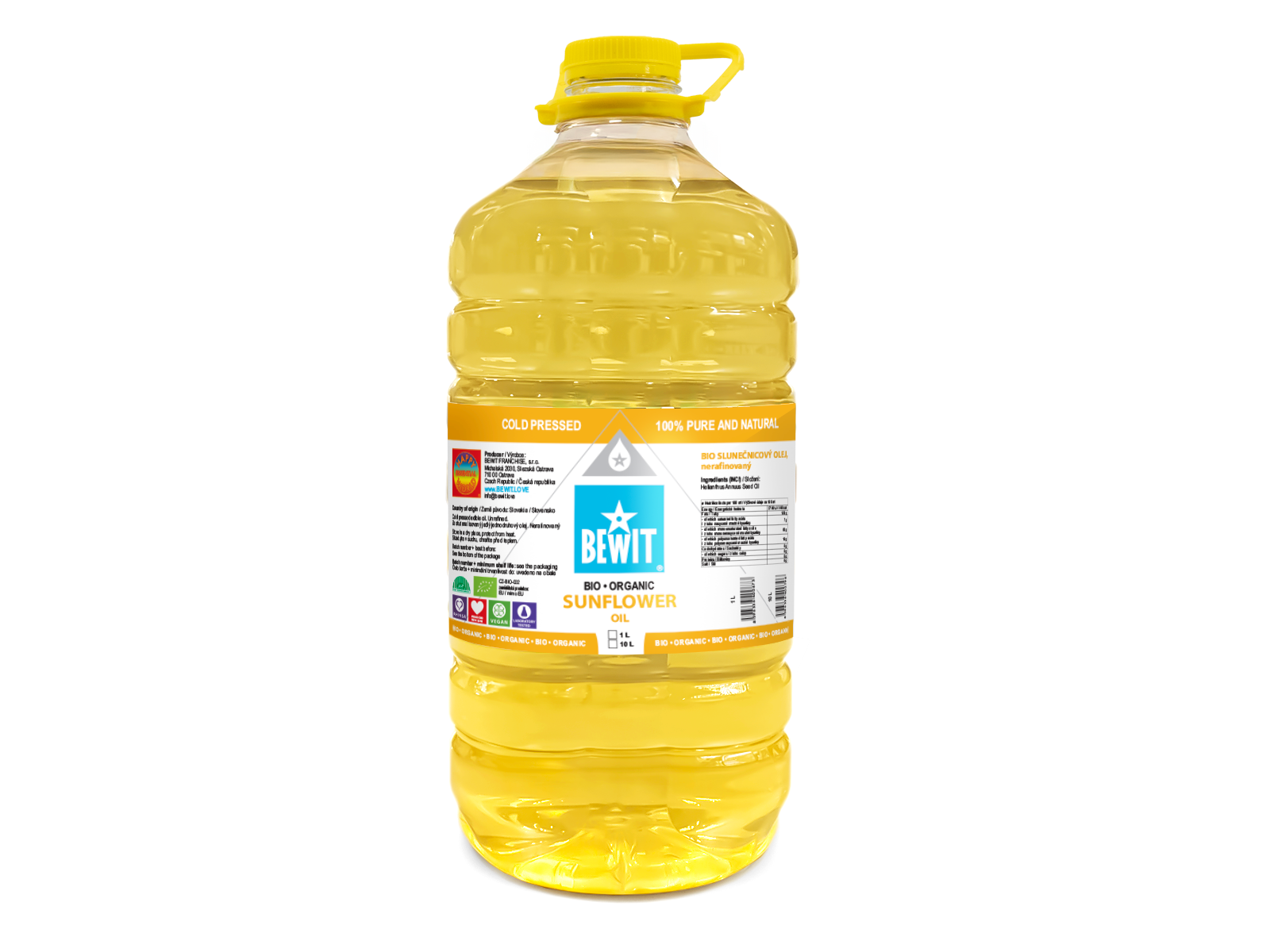

 Česky
Česky  Slovensky
Slovensky  Magyar
Magyar  Română
Română 